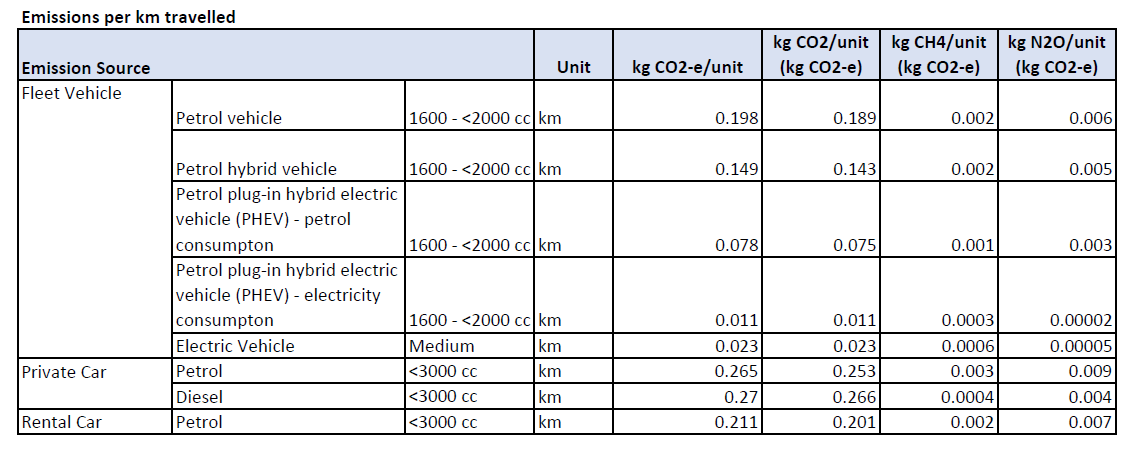Environmental Statistics
According to Statistics New Zealand, in 2020, there were 16,100 taxis and other transport vehicle drivers employed in New Zealand. This includes drivers of taxis, shuttles, and other small passenger service operators.
The Ministry of Transport reported that in 2018, road transport was responsible for approximately 19% of New Zealand's total greenhouse gas emissions, the fastest growing source of greenhouse gas emissions in New Zealand. Within the transport sector, light passenger vehicles (including taxis and small passenger service operators) accounted for approximately 10% of total emissions.
The New Zealand government has set targets to reduce greenhouse gas emissions and promote sustainable transportation. The government's goal is to reach net-zero carbon emissions by 2050, which includes reducing emissions from transportation.
To promote sustainable transportation, the government has implemented various policies and target, such as
the Clean Car Discount, which offers discounts on low-emission vehicles
the Clean Car Standard, a target that regulates importers to reduce CO2 emissions to specific targets by encouraging a greater supply of low and no emission vehicle imports to New Zealand, and
the Low Emission Transport Fund, which provides funding for projects that promote the uptake of low-emission vehicles.
The SPSA is committed to reducing emissions in order to achieve net zero CO2 emissions by 2050 – as set by the NZ Government. To achieve this our members are actively moving to hybrid, plug-in hybrid and electric vehicles.
It is important to explore alternative solutions, such as small passenger service vehicles, as the way you get around each day can make a big difference to your own carbon footprint, in reducing emissions and overall improve sustainability.
The data in the tables below illustrates the average greenhouse gas emissions produced by different types of vehicles, including small passenger service vehicles, private vehicles, and rental cars in grams of CO2-equivalent per kilometre and is sourced from the New Zealand Ministry of Environment.
It is important to consider and compare emissions from different modes of transportation when making decisions about how to reduce emissions and promote sustainability.
Overall the emissions produced by small passenger service vehicles are generally lower than those produced by private vehicles, further supporting the potential benefits of using small passenger service operators to reduce emissions and improve sustainability in the transportation sector.
The data provides a useful comparison of the emissions from different types of vehicles used for private transportation and small passenger services in New Zealand and provides information that can help individuals make more environmentally conscious decisions when choosing their method of transport.
Sources:
Statistics New Zealand. (2021) Ministry of Transport. (2019, 2020, 2021) Journal of Advanced Transportation (2020) NZ Ministry of Environment

